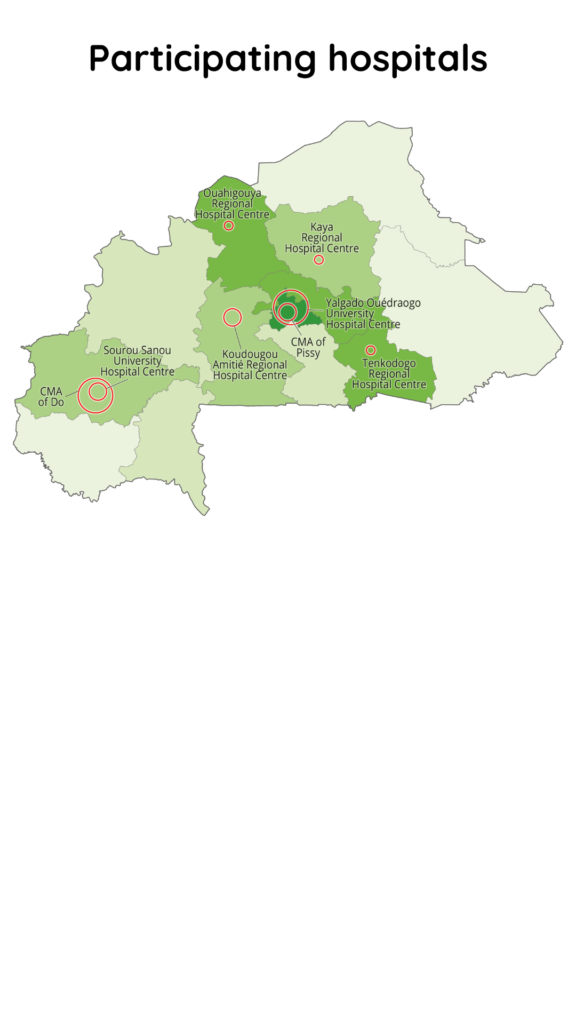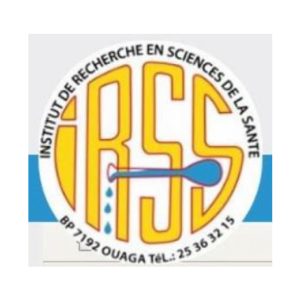Burkina Faso
In 2018, Burkina Faso had a caesarean section rate of 3%, a six-fold increase from the 0.5% rate in 2000. This growth could be explained by a policy of decentralisation of care and exemption of caesarean section payment by users . By training general practitioners to carry out joint operations, including Caesarean sections, while reducing the financial barrier, Burkina Faso has made it easier for pregnant women to have access to Caesarean sections. The success of this policy is also reflected in a reduction in the caesarean section case-fatality rate from 2% in 2001 to 0.15% in 2014. However, this considerable progress has been accompanied by some abuses and an inappropriate use of the Caesarean section. Between 2016 and 2018 several studies have shown that almost a quarter of the caesarean sections performed are not medically justified.
Moreover, this national rate of 3%, below the minimum rate of 5% recommended by the WHO, suggests that over- and under-use of C-sections co-exist and weaken an already fragile health system.
Source: Trends in caesarean section rates and places of delivery in Burkina Faso (I. Sombie et al.)

The Health Sciences Research Institute (IRSS)
Presentation :
The Health Sciences Research Institute (IRSS) is one of the four research institutes of the National Center for Scientific and Technological Research (CNRST) in Burkina Faso. It has fifty statutory researchers and stands today as one of the main health research centers of the country. It has a triple mission of research, training and health expertise. And beacause the IRSS is based in Burkina Faso, the team will be able to support and evaluate opinion leaders and data collectors using regular training and educational outreach visits in participating hopsitals. The IRSS team will also participate in multiple aspects of the QUALI-DEC, such as the characterisation of institutional and policy context, encouragement of the QUALI-DEC tools and data collection and analysis.
The Health Sciences Research Institute (IRSS) Team
Simon Tiendrébéogo
is a statistician and researcher at the Institut de Recherche en Sciences de la Santé (IRSS) in Burkina Faso.
Charles Kabore
worked in emergency obstetric care and quality assurance programs at referral hospitals in West Africa.








